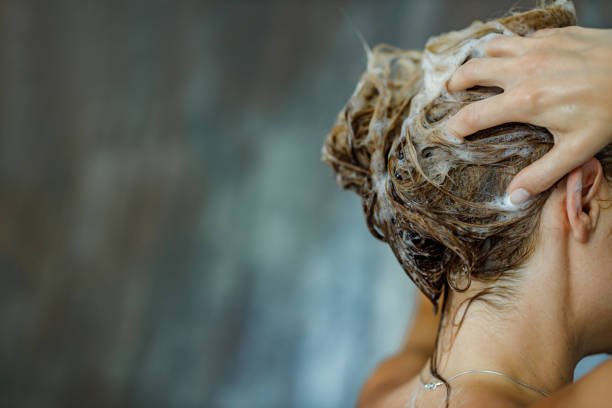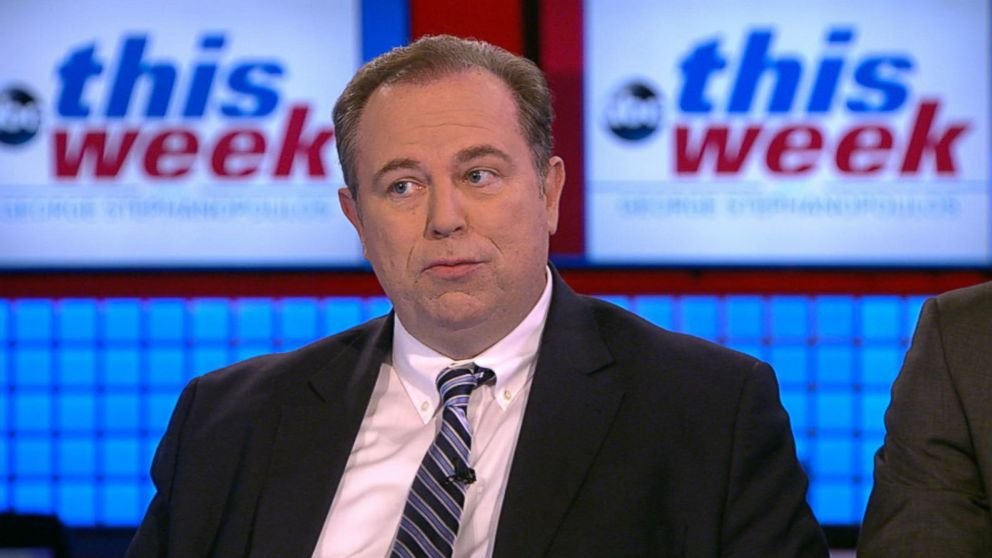Hair care is a multi-billion dollar industry that spans a wide array of products, from shampoos and conditioners to styling gels and serums. While these products promise luscious locks and a healthy scalp, there is a growing concern about their potential role in causing or exacerbating scalp flakiness. Flaky, dry scalps are a common issue affecting many individuals, and understanding the intricate relationship between hair care products and scalp health is crucial in maintaining overall well-being.
This article explores the various factors that contribute to scalp flakiness and emphasizes the importance of seeking professional consultation with a medic for a comprehensive understanding and personalized solutions.
The Anatomy of Scalp Flakiness
Scalp flakiness, often accompanied by itching and irritation, can be attributed to several factors, ranging from environmental conditions to individual genetics. However, one prominent and often overlooked factor is the use of hair care products. Shampoos, conditioners, styling products, and even hair dyes contain an array of ingredients that can either nourish or harm the scalp. Understanding the impact of these components is crucial in addressing and preventing scalp flakiness.
1. Harsh Chemicals in Hair Care Products:
Many commercial hair care products contain harsh chemicals, such as sulfates and parabens, which are known for their cleansing and preserving properties. While these chemicals effectively remove dirt and oil from the hair, they can also strip the scalp of its natural oils, leading to dryness and flakiness. Individuals with sensitive skin or pre-existing scalp conditions may be particularly susceptible to the adverse effects of these chemicals.
2. Allergens and Irritants:
Hair care products often contain fragrances, preservatives, and other additives that can act as potential allergens or irritants. These substances may trigger allergic reactions or sensitivities in some individuals, resulting in scalp inflammation and flakiness. It is essential to be aware of the ingredients in hair care products and to choose those specifically formulated for sensitive scalps if necessary.
3. Overuse of Styling Products:
Excessive use of styling products, such as gels, mousses, and sprays, can lead to product buildup on the scalp. This buildup not only weighs down the hair but also creates an environment conducive to the growth of fungi and bacteria, contributing to scalp issues like dandruff and flakiness. Proper cleansing and occasional breaks from styling products are essential to maintain a healthy scalp.
4. Inadequate Moisture and Hydration:
While some hair care products focus on cleaning and styling, they may not provide sufficient moisture to the hair and scalp. Inadequate hydration can lead to dryness, flakiness, and an impaired skin barrier function. It is crucial to choose products that balance cleansing with moisturizing properties, especially for individuals with naturally dry or curly hair.
The Importance of Professional Consultation
Addressing scalp flakiness goes beyond choosing the right shampoo or conditioner from the store shelves. The underlying causes of flaky scalps can vary significantly from person to person, and a one-size-fits-all approach may not be effective. Seeking professional consultation with a medic or dermatologist is essential for a thorough assessment and to learn more about flaky dry scalps.
1. Identifying Underlying Conditions
Flaky scalps can be a symptom of underlying skin conditions such as seborrheic dermatitis, psoriasis, or eczema. These conditions require specific treatments that may include medicated shampoos, topical steroids, or other prescription medications. A medic can conduct a thorough examination to identify any underlying issues and recommend an appropriate course of action.
2. Personalized Treatment Plans
Medications and over-the-counter products may not be suitable for everyone, and self-diagnosis can lead to ineffective or even harmful outcomes. A medic can create a personalized treatment plan based on an individual’s specific scalp condition, considering factors such as skin type, medical history, and lifestyle. This tailored approach increases the likelihood of successful management and long-term relief.
3. Monitoring and Adjusting
Scalp health is dynamic, and what works for one person may not work for another. Regular monitoring and follow-up consultations with a medic allow for adjustments to the treatment plan based on the individual’s response. This iterative process ensures that the chosen interventions are effective and sustainable in the long run.
Conclusion
In the quest for healthy and beautiful hair, it’s crucial not to overlook the well-being of the scalp. Scalp flakiness, though often attributed to environmental and genetic factors, can be exacerbated by the use of inappropriate hair care products. Harsh chemicals, allergens, and overuse of styling products are just a few potential culprits. Recognizing the impact of these factors and making informed choices about hair care products are essential steps in preventing and managing scalp flakiness.
However, self-diagnosis and over-the-counter solutions may not always provide the desired results. The complexity of scalp health requires professional expertise. Consultation with a medic or dermatologist is recommended for a comprehensive understanding of the underlying causes of scalp flakiness and the development of personalized treatment plans. By taking a holistic and individualized approach, individuals can achieve not only beautiful hair but also a healthy and comfortable scalp.



